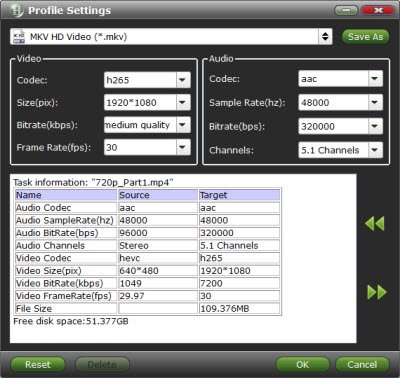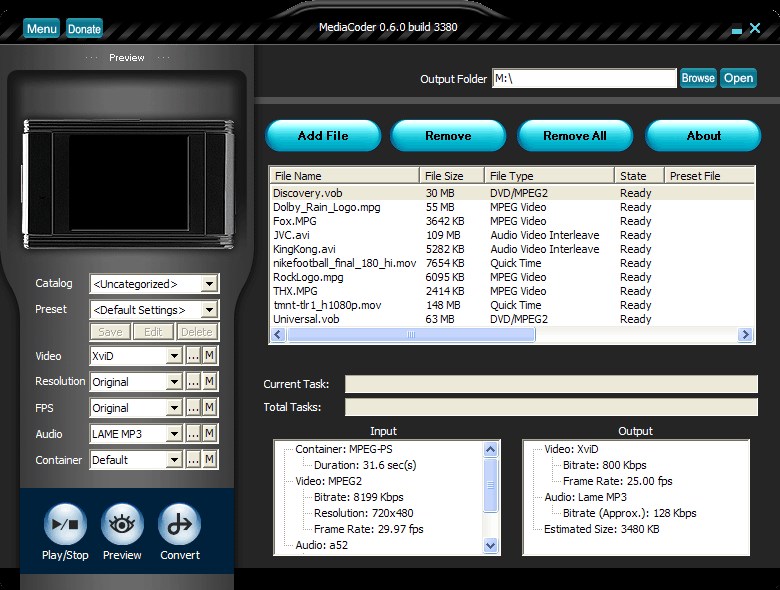


Hardware Acceleration vs Software Acceleration Specifically, in video transcoding, graphically-intensive tasks such as high-definition video processing are offloaded from CPU to specialized GPU/APU, which is more efficient than doing it only on CPU. Strictly speaking, it means using GPU's powerful graphics capability to do the video transcoding. The common ways that are usually used to accelerate the video processing include replacing the hard disk, increasing the memory, and utilizing more CPU cores. Definitionīroadly speaking, all the speed boosts achieved in video processing via hardware upgrade are referred to as hardware acceleration. It's time to look deeper into the role that hardware acceleration plays in HD video processing.

GPU's high video processing performance is further proven by MacX Video Converter Pro's unique 3-Level Hardware Acceleration (HWEnc, HWDec & HW processing), which offers a 5x faster speed up over HWEnc-only tools, let alone other SW-based programs. The HW accelerated speed doesn't end yet. Particularly, hardware acceleration solutions let 4K ultra HD HEVC H.265, HD H.264 video processing go far beyond the traditional CPU-in efficiency.įor example, if the computer is equipped with Maxwell-based Nvidia graphics card from the GeForce 900 series or later, Nvidia hardware encoder can take care of the 4K HEVC processing and go 2-3x faster than using Handbrake. Hardware acceleration, by exploiting GPU's massive parallel processing power, turns out to be the most efficient solution to cut time and energy consumptions. The switch of modern videos towards higher quality resolutions increases the burden on CPU, which leads to CPU overheating, laptop lagging, high CPU usage, frozen operations and battery suffers.


 0 kommentar(er)
0 kommentar(er)
